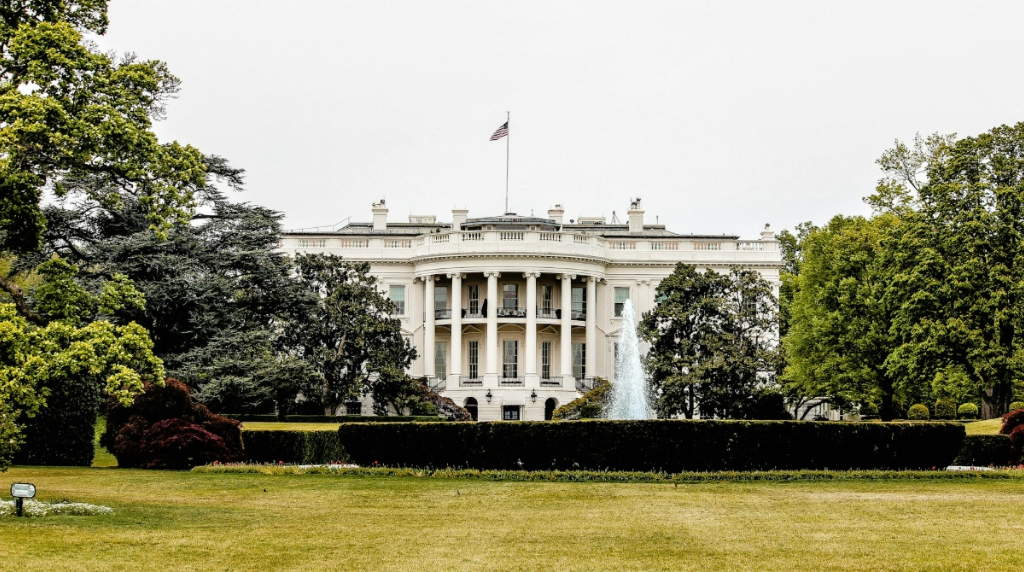Trump’s Big Beautiful Bill Could Cost Gamblers at Tax Time
While Donald Trump took a victory lap at the White House over the holiday weekend after Congress passed his so-called One Big Beautiful Bill, lawmakers in gambling states were left seething over a provision that will see even casual gamblers paying taxes on winnings even when they lose for the year.

New Gambling Tax hidden in White House’s Big Beautiful Bill. © Rene DeAnda, Unsplash
Key Facts:
- Provisions in the BBB allow only 90% deductions against Gambling winnings in 2026.
- Professionals and amateurs alike with large W-2G winnings are likely to be impacted.
- Previous tax law saw up to 100% of losses allowed against winnings.
- There is still some confusion about certain definitions in the law.
The passage of the so called One Big Beautiful bill, in all of its almost 1,000 pages of pork-filled glory, will upend nearly every aspect of American life from health insurance to school lunch programs.
However, politics aside, one item in the bill has suddenly attracted a lot of attention from Republicans and Democrats alike and gaming states. And that is overlooked in all the haste to get this bill to the President for a Fourth of July signing, a new wrinkle in the tax code that would allow only 90% of losses to be written off against gambling winnings.
Some disparities between the language of the Senate and House bills have left room for discussion on whether this bill will be detrimental to both casino operators and gamblers or outright catastrophic.
In a worst case scenario, a gambler winning $50,000 in slot jackpots which were won on wins over $1,200 and reported on a W-2G, who then turns around and loses the whole 50K would still owe taxes on $5,000 of that income as only 90% of losses are allowed to be deducted.
Under the language in the House Bill, some argue that most gamblers do, in fact, lose, and that as long as they lose 110% more than they win, they still wouldn’t owe taxes. In our example, a loss of $55,000 would be enough to offset their $50,000 in winnings, as the language here limits deductions to 90% of gambling losses incurred, as opposed to 90% of gambling winnings in other versions of the bill.
That language, if enacted, would help casual gamblers who often incur more than 10% total losses over total wins, but would still unfairly penalize professional gamblers, such as poker players. They would still be on the hook for much higher taxes if they won more in a year than they lost.
Think of a poker player with $70,000 in tournament winnings for 2026 but more than $50,000 losses. He would also be allowed to write off business deductions up to 100% of his cost, so hotel rooms, gas, and travel make up another $10,000 in deductions as part of his “business” expenses.
In years past, he would have owed taxes on his $10,000 in income. However, now he would only be able to write off 90% of the losses for $45,000, and only $9,000 in costs, because the law also only allows 90% of expenses to be applied as well. So he now owes taxes on $16,000 in income.
The Fair Bet Act
Congresswoman Dina Titus from Nevada and Ro Khanna from California’s 17th District have led the initial charge in introducing the Fair Bet Act on July 7th.
This bill would restore the 100% tax deduction in the tax law. Interestingly, the American Gaming Association (AGA) appeared to be aware of the issues surrounding the loss deduction and still pushed for its passage.
The passage of the One Big Beautiful Bill Act significantly enhances our industry’s ability to sustain quality jobs and deliver economic benefits — and we look forward to President Trump’s expected signature. pic.twitter.com/gEvfABL665
— American Gaming Association (@AmericanGaming) July 3, 2025
Another potential avenue to address some of the perceived harm of the bill would be to lift the $1,200 limit on when jackpot winners are issued a W-2G. The $1,200 limit was introduced in 1977, nearly 50 years ago, and has remained unchanged since then.
Raising the cutoff limit on when wins are reportable to even $5,000 would make a significant difference in not only the number of jackpots most gamblers have to report, but also save casinos millions in time wasted on small jackpot reporting and unnecessary handpays.
Rep. Titus had already addressed this issue with her Shifting Limits on Tresholds (SLOT) Act. This bill gained bipartisan political support even before the changes were made in the One Big Beautiful Bill and won over the IRS’s recommendation.
The fate of both pieces of legislation will become clearer in the next couple of weeks, and as with many such acts of Congress, much of what happens will be decided by perceived public opinion.
If this bill might impact you and you want to make sure your voice is heard, now is the time to write or call your congressman or senator.

 Book of Dead GO Collect by Play’n GO: New Slot Preview
Book of Dead GO Collect by Play’n GO: New Slot Preview
 Hot Ross by Hacksaw Gaming: New Slot Release Preview
Hot Ross by Hacksaw Gaming: New Slot Release Preview
 $1.6B Super Bowl Trading Sparks Prediction Market Debate
$1.6B Super Bowl Trading Sparks Prediction Market Debate